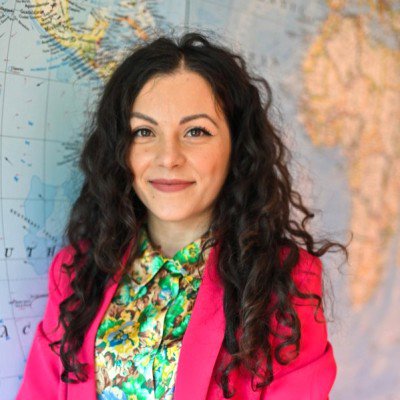At Hyve, we recognise the importance of creating an environment where employees feel valued, respected, and supported, regardless of their cultural background or beliefs. As such, we’ve asked a handful of our colleagues to tell us more about Ramadan and how we can support them throughout the month.
First up, we chatted with our Customer Success Coordinator, Hammad Rehman.
Hammad, can you start by telling us more about Ramadan and why Muslims fast during this month?
Fasting is one of the Five Pillars of Islam where we abstain from eating and drinking from dawn until dusk. It takes place in Ramadan, the 9th month in the Islamic lunar calendar. It begins according to the sighting of the new moon, which is approximately ten days (355) shorter than the solar calendar (365). Hence, every year Ramadan recedes by around ten days - this year, it began on 22nd March, while next year it will be around 12th March.
Muslims are reminded to fast by God as a way to boost our spiritual awareness and connection with Him. We’re also encouraged in this month to be charitable, study the Quran, increase our self-discipline, and take time to reflect on life and our purpose.
Can you explain what Ramadan means to you and why it is such a significant time in the Islamic calendar?
I’ve been fasting since the age of 9 (I was an early starter!), and each year Ramadan is an opportunity for me to spiritually grow. Ramadan isn’t just about abstaining from food – it’s an opportunity to reflect, pray, meditate, and destress from life . It also makes me more conscious of God, particularly when my stomach rumbles and I remember why I’m not eating or drinking!
Ramadan also gives me a chance to spend more time with family. We sit down and eat together at the same time in the early mornings before dawn and the beginning of our fasts – this is known as suhoor and is currently around 4 am. We break our fasts together too in the evenings at dusk. This is known as Iftaar and is currently around 7 pm. It’s during these times when we can catch up, have some laughs, and also appreciate the blessings of all the food and drinks we have.
And finally, Ramadan gives me a chance to lose that belly fat I’ve spent the past 11 months accumulating!
Speaking of fasting, are all family members required to fast?
The elderly, young children or those being unwell, pregnant, travelling long distances, or on a menstrual cycle are all exempt from fasting.
How can colleagues support those who are fasting?
If you have a colleague that’s fasting, you can help by bearing the following in mind:
Sometimes a colleague may want to go downstairs to the prayer room to pray or reflect. For anyone participating in Ramadan and attending the London HQ office, there’s a prayer mat in our quiet room downstairs on Level 3. For line managers who have anyone in the team praying/fasting, it may be worth noting that 2/5 prayer times are within working hours.
They may feel a little tired due to the early morning breakfasts, break in sleep patterns or not eating/drinking during the day. They may not feel comfortable with anyone eating a deliciously warm tasty-smelling snack nearby! So, if possible, try not to eat at the desks.
Finally, when does Ramadan come to an end, and can you tell us more about Eid?
Ramadan finishes at the end of the lunar month, which is expected to be around the 21st April. The day after is known as Eid al-Fitr - the ‘Festival of Breaking the Fast’. The celebration tends to last between one and three days. There is no specific way that people celebrate Eid – everyone has different traditions they follow. For me, it means presents, family time and lots of food!
Thanks for taking the time to share those incredible insights with us, Hammad!
Ramadan Kareem from the Hyve team to you!


